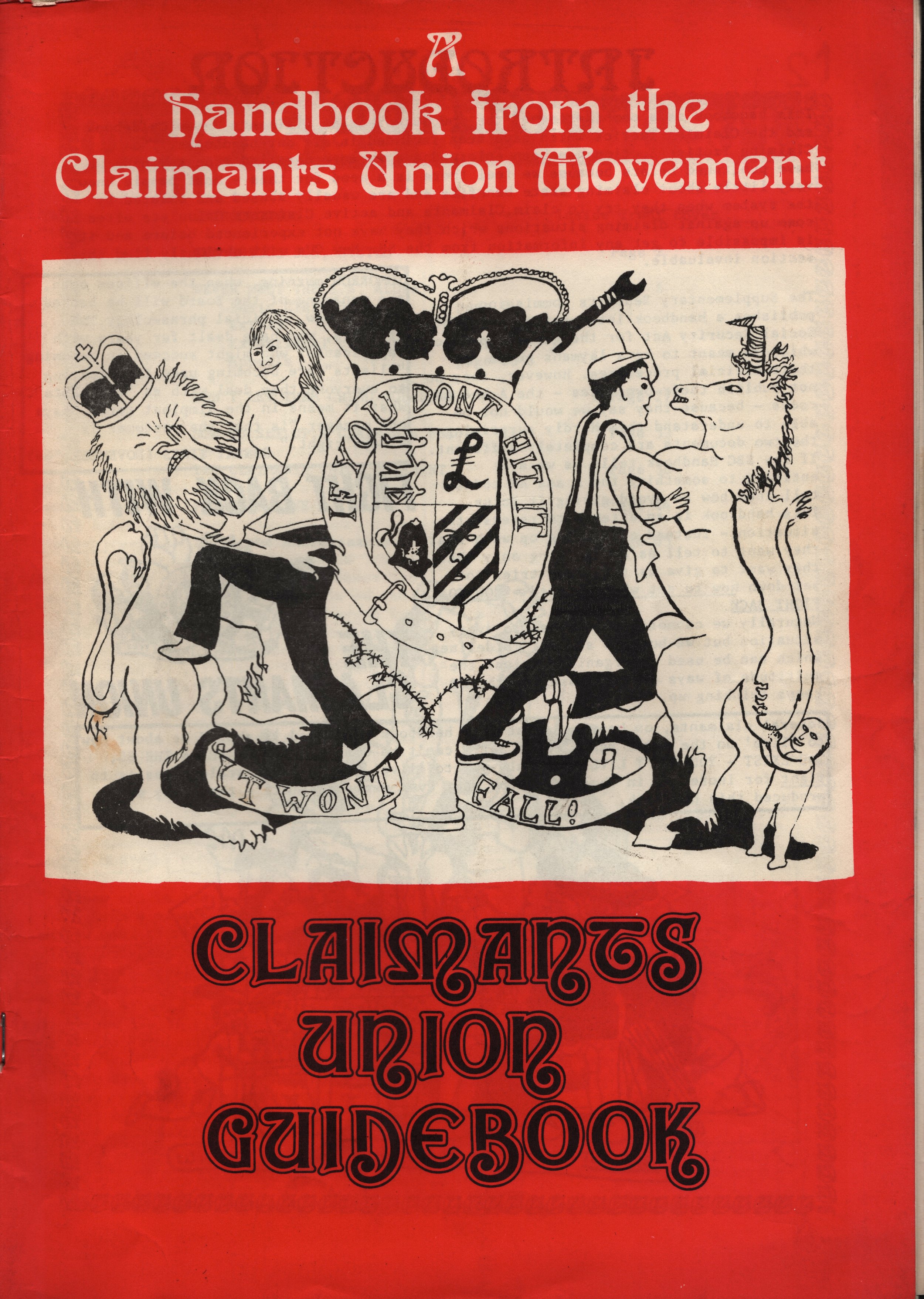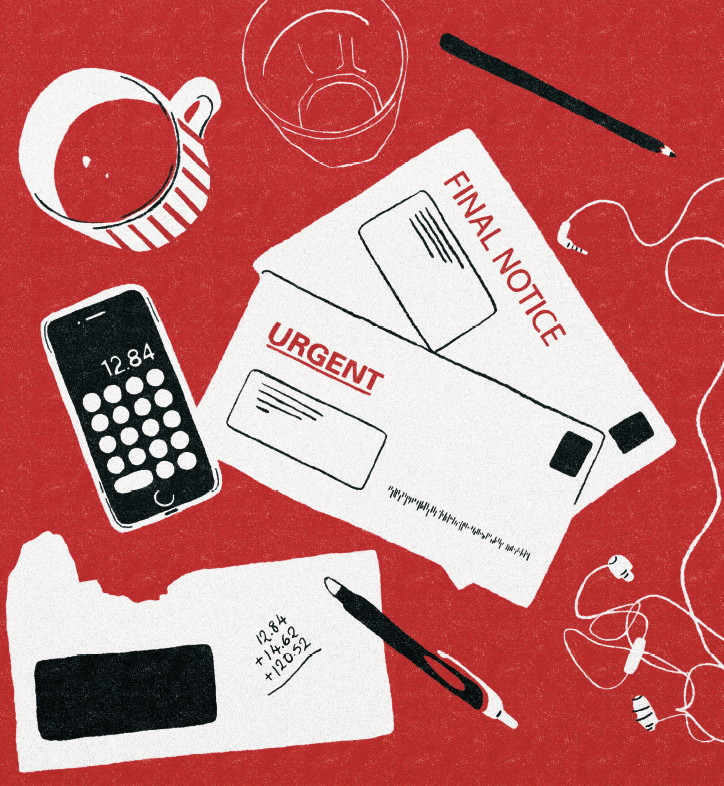Vendor Interview: Shariff
How did you get involved in selling DOPE Magazine?
I got involved pretty much in the early stage, when it was the second edition. I was one of the first ones to promote DOPE Magazine. From me only doing it, now everyone’s doing it. I mean it done me wonders. What it did for me was, I was in a situation where I had no status. It was either that or crime. So I chose this – I might be getting humiliated all the time, a thousand ‘no’s – it wasn’t easy, but it really helped me in a massive way.
Vendor Interview: Amber
How did you get involved in selling DOPE Magazine?
So, basically, I seen people handing out this magazine and I wasn’t too sure what it was at first. I was in a dilemma because I didn’t have a job, I didn’t have any benefits and I was looking to turn to crime, which I had been doing. I was quite surprised when I said “what do you need?” and they said “nothing, you just go on a Friday to this place [Freedom Books, Whitechapel].” I thought it was a really good idea and I’ve not looked back since.
Vendor Interview: Michael
How did you get involved in selling
DOPE Magazine?
Well, I was going to Whitechapel Mission, which is the place where I have breakfast, because I don't have proper cooking facilities where I am. I was a bit pissed off with the inflated price of the Big Issue, so when I saw people selling a new mag,
I thought, yeah, I’ll give it a go. So I came to Freedom, got a whole bundle, and I was able to sell it –
I thought it was pretty good.
The National Union of the Homeless
In the United States in the 1980s, there was a dramatic increase in homelessness, nearly doubling between 1984 and 1987. The hope and utopianism of the '60s was over - you didn't need a weatherman to know which way the wind blew, and it was towards the greed and inequality of ‘80s neoliberalism. President Ronald Reagan, following a similar package of reforms to Margaret Thatcher in the UK, cut housing and social services. Many residents of social housing found themselves pushed out and made homeless whilst unemployment skyrocketed.
Popular struggle and the first intifada
When I think of popular struggle, the first thing that comes to mind is Abed’s stories from his time as a political prisoner during the First Intifada. Abed is from Tulkarem, a city in the north of Palestine known for its fierce resistance to the Zionist occupation. Like most Palestinian children, he began protesting young, at 9 years old, while witnessing the occupation of the West Bank in 1967. During his youth, this struggle against the colonising force started to take more serious forms, culminating in his decision to join the Democratic Front for the Liberation of Palestine (DFLP) while studying at university in Turkey. In the summer of 1984, when Abed was 23, he was travelling home for the summer break to see his family when the Israeli occupation forces arrested him. Accused of being a member of a political organisation and participating in the 1982 war in Lebanon against Israel, he was sentenced to five years in prison.
Fight Back with the Claimants Union! From the MayDay Rooms Archive.
Have you ever been on the dole? What’s changed in the past thirty years in the ways unemployed, sick or disabled people go about claiming money from the state? Certainly, there’s been a material shift from analogue to digital; standing in dole queues with a flimsy newspaper-thin logbook, to online courses for writing CVs and emails forcing you to read a message in your ‘journal’ lest you be sanctioned. The generation of people now receiving Universal Credit might be amazed to know that there once was a mass movement of ‘unionised’ benefits claimants who met up regularly to discuss their claims. Have you ever thought about how people claiming benefits find out information about their rights to benefits? About the multiple ways in which the job centre try and punish or trip you up? Nowadays when you go you are unlikely to regularly see anyone else in your local area. Perhaps they know that if people connect with someone over this shared experience, they might start sharing information, organising and resisting the system like people did in the 1970s and ‘80s when they started the Claimants Union movement.
Ending femicide means organised women's liberation
Recently, a friend commented how wonderful gender equality is in Britain. I thought of the 187 women and girls murdered here from March 2022 to March 2023. According to official records, that’s a low number. 214 femicides—murders of women and girls—were recorded the year prior. I thought of how 95% of charged suspects are male, close to half of the killers are former or current partners, and the majority of the rest are family members. How the home is the most dangerous place for women.
DON’T PAY: Politics of mass refusal
Exploitative systems rely on our compliance: our willingness to work and pay our bills. This has become an almost naturalised obligation to pay for goods and services whilst working for an income to cover the cost of them. But we don’t have a stable and fair system. In recent years prices have risen while inflation depressed our wages. What has been termed the ‘cost of living crisis’ means that things we could afford, including necessities, are increasingly out of reach.
Vendor interview: Michael Francis
How did you get involved in selling DOPE magazine?
I actually saw a seller selling it … but he doesn't do it anymore. He’s been a bit naughty, so he doesn't do it anymore. But I caught on with it, and I think I’m a natural.
What is Workers’ inquiry?
Our society is in a state of constant distress, from Coronavirus to the cost-of-living crisis. Amidst this, we're all forced to get by and earn a living. For millions of us, accessing work is a difficult process to navigate at the best of times, and decent pay and conditions seem a relic of the past. Today, modern workers are instructed to be 'flexible' and 'resilient' and to 'improve' themselves continuously. In other words, we are told to let employers shape us. We are expected to accept their control over the means and conditions of life and labour. We must accept shift schedules that interfere with family life, caring responsibilities, and free time. Bosses decide the rules of engagement, yet workers keep the cogs of industry moving. Workers operate society, but we do not control it. We pave the roads and sit behind the wheels, but we follow the bosses' instructions as to where we should be going. We, the workers, can turn this thing around. After all, it is the workers who understand what they do best.




















